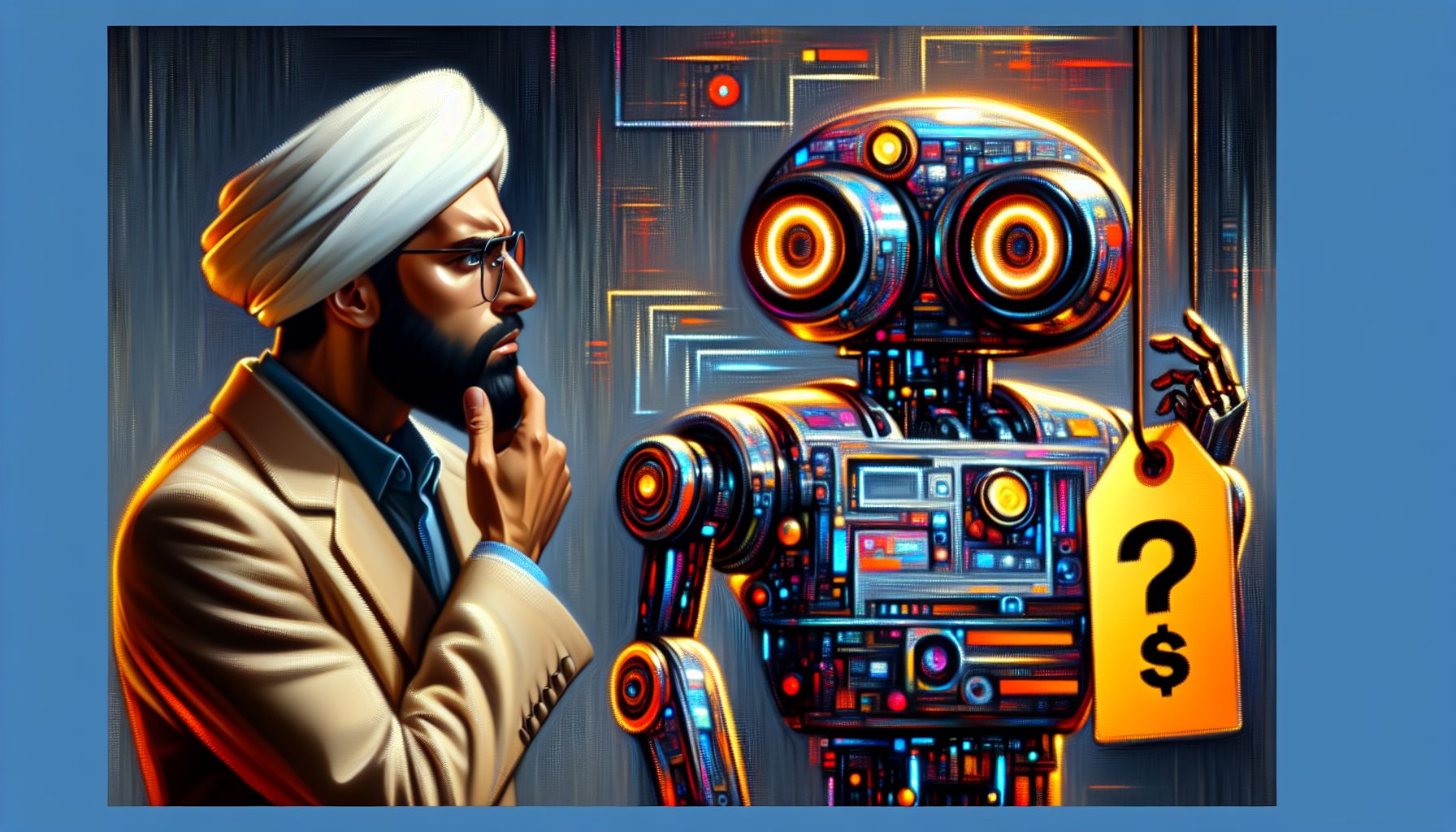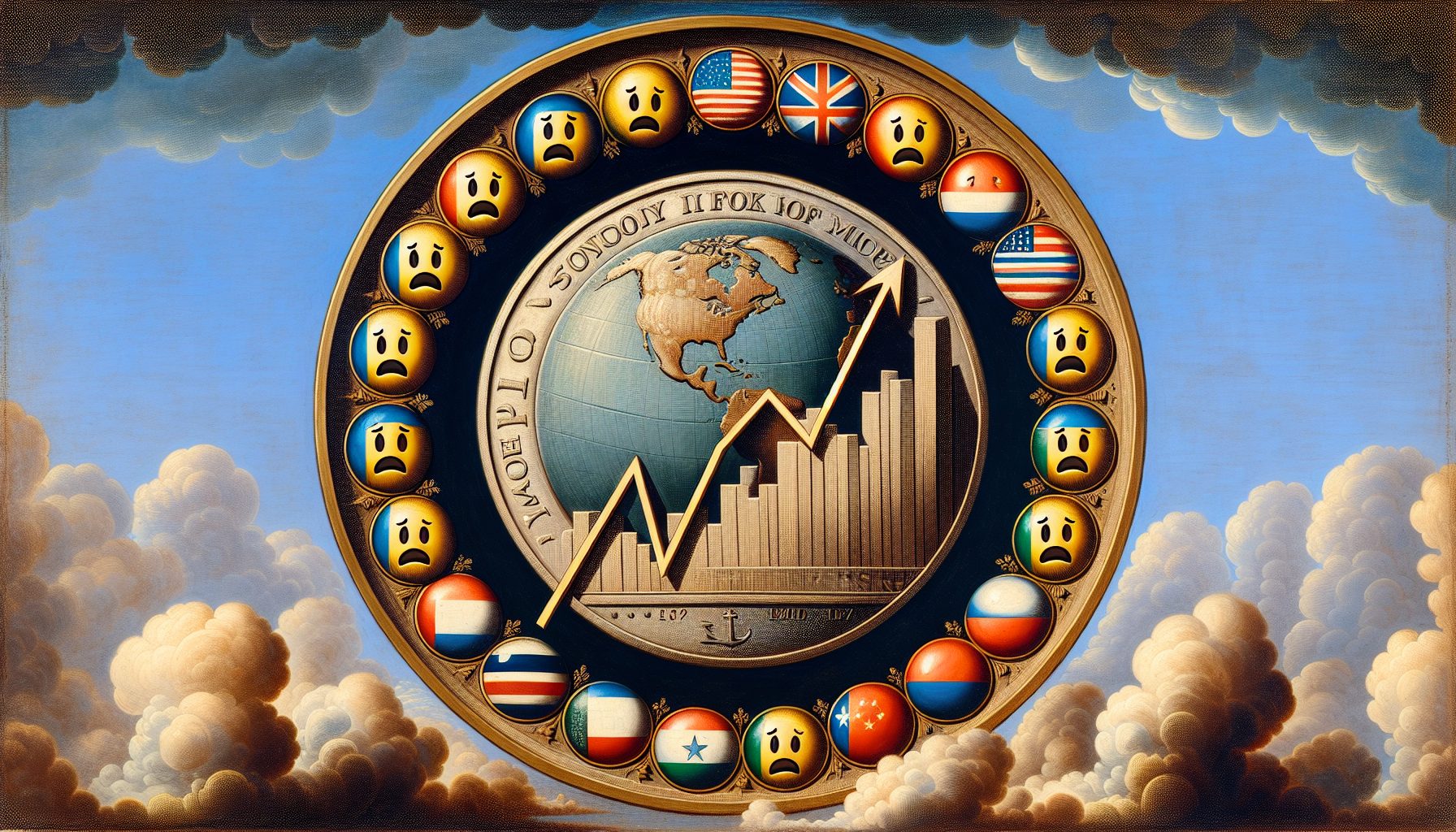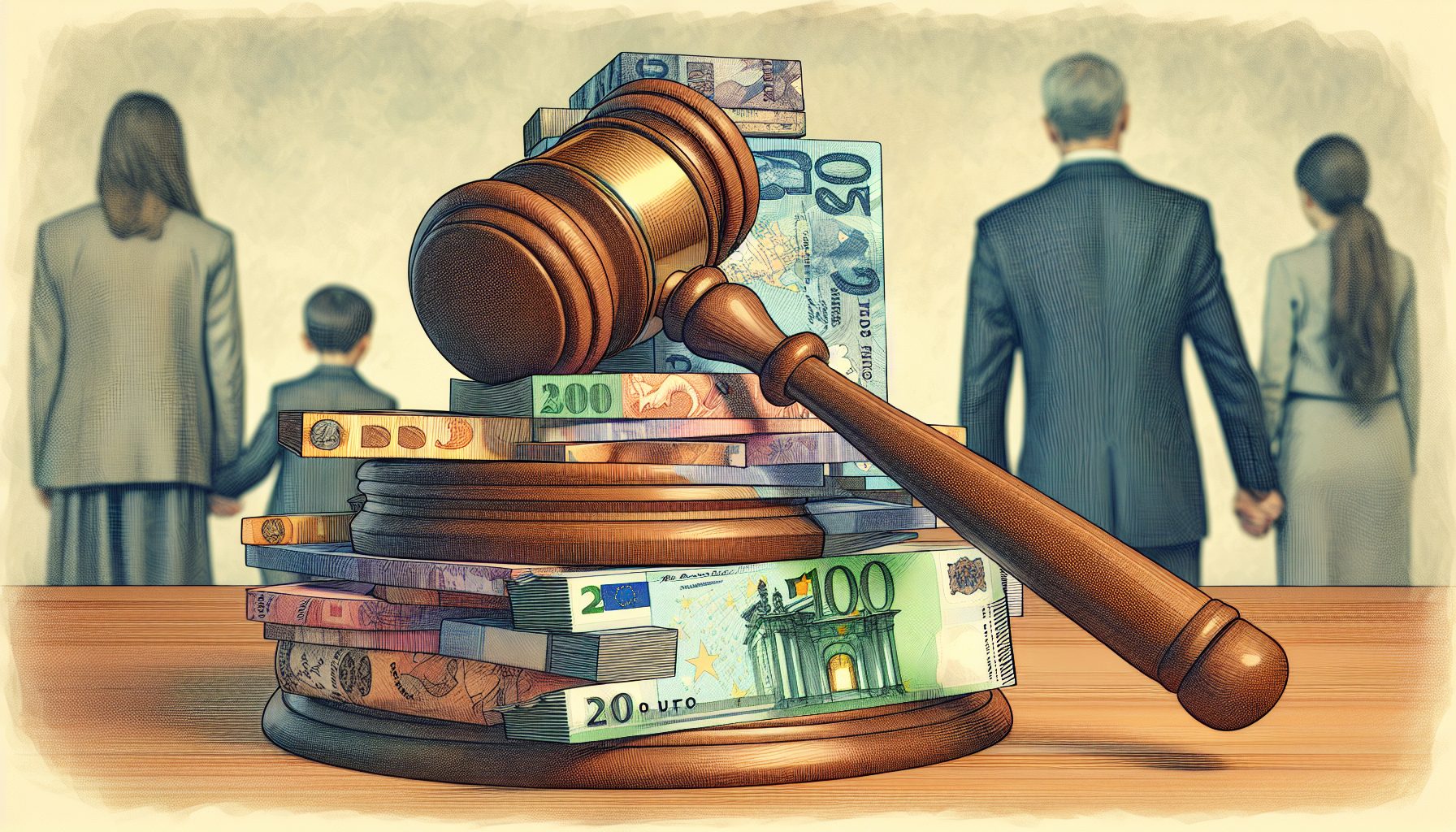?It is always easier to believe than to deny. Our minds are naturally affirmative.?
?John Burroughs (1837?1921)
When it comes to today?s economic situation, a key question is: Is it the end of the beginning or the beginning of the end? How can we tell?
On one hand, the jobs report is not as bad as people had expected?unless you work in finance or housing. IT recruiters say they are as busy as ever, but that can be hard to evaluate, since theirs is a business that runs on hype.
On the downside is inflation?gas and food increases are hitting hard. Though IT shops are holding steady?no substantial layoffs or reductions?there?s been lots of belt tightening.
Like a mouse through a snake, the credit crunch winds its way through foreign economies, without as big an impact as it?s having here. Growth in Asia is relatively strong and constant. The weak dollar has helped our exports; multinationals like IBM report strong profits. The market breaks 13,000, but then drops below 11,000.
Then there are the gloom and doomers?the ?29 club?who predict that the past year has been just a taste of things to come and reflects fundamental flaws in our economic system.
As far as tea-leaf reading goes, 2008 is over. What?s done is done. Though 2009 is not going to be a gangbuster year, I bet we?ll see more growth than in 2007-2008.
Of course, there are ?mule? scenarios (apologies to Asimov?s Foundation) that could upend that view: Food/energy gets much worse, consumer credit (read: cards) and construction loans (can you say Wachovia?) become an issue, and more banks start to fail. I think those scenarios are possible, but not likely.
Let?s put this in perspective: It?s the second major economic downturn of the Internet era. IT has finally gotten some respect: It?s not the whipping boy, or first resort, for cutbacks.
Think about it. When the bubble burst in 2001-02, the brunt of the fallout was borne by tech firms. But most Fortune 500 IT shops watched and counted their blessings; they didn?t cut back, but they held off on hiring.
One recruiter described those years this way: ?You could be standing naked on a street corner, holding a sign saying you want a programming job, and everyone would ignore you.?
During the downturn of 1991, real estate took the hit. There was a moderate impact on IT, with mostly financial firms needing to cut staff. Remember, this was before the Internet, e-commerce and IT-business alignment.
My thesis is that in?and before?1991, IT was treated like any other back-office environment: a necessary evil, overhead, an expense to be cut. IT didn?t have a seat at the table; it had a seat at the hatchet block. And, as a result, it shared equally (sometimes more so) in staff cuts. Most CxOs saw it as an opportunity to eliminate those perceived to be weak performers, without directly addressing the performance issue.
Things are different today. In most organizations, IT is considered integral to revenue generation. In some cases (the recent Netflix outage, for example), it has a direct financial impact. Since IT is so integrated with the business, most C-level executives are worried about cutting technology too quickly, or too soon, and being left at a disadvantage when the economy rebounds. Valuable time and money would be spent trying to gain lost ground. For IT and business alignment, that?s progress.
Can we see the light at the end of this troubling economic tunnel yet? I don?t think so. This year, we have seen flattening budgets, slower hiring (but minimal cutbacks) and real efforts with low-hanging fruit: revenue-generating systems and no-brainer savings engines, such as virtualization, contract renegotiation and outsourcing/offshoring realignment.
We?ve realigned where spending is done in the systems portfolio and slowed major initiatives, but have avoided outright shutdowns. The short and sweet forecast sees this type of thinking, at worst, extending into the first half of 2009.
Now for the long and deep economic forecast: more failures, more stimulus packages from a new administration and increasing unemployment?possibly beyond 7 percent to 8 percent. Pain will be heavier and earlier in key sectors, such as finance. It will start in the fourth quarter of this year and proceed with a vengeance into the second half of 2009, which would be when IT really starts to feel the pain.
But that?s just a forecast. Only time will tell what really happens with the economy. In the meantime, let?s all be ?naturally affirmative.?








